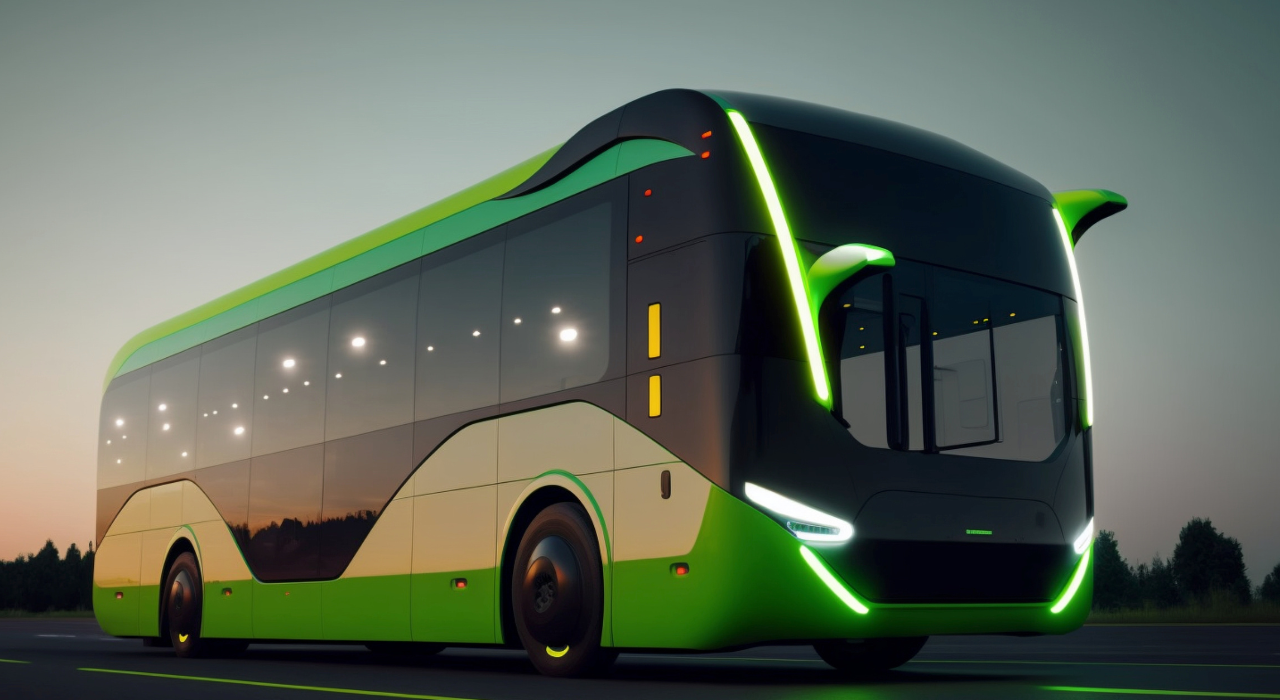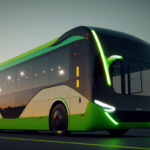The Bengaluru Metropolitan Transport Corporation (BMTC) is set to launch 320 air-conditioned electric buses starting January 2025. This marks the debut of AC electric buses in the city, as the BMTC currently operates only non-air-conditioned electric buses.
The new fleet will initially serve the Majestic to Kempegowda International Airport (KIA) route, replacing the existing Volvo buses, which will be reassigned to other city routes. A trial run for the new buses is scheduled to take place after December 15, 2024.
Accessible and Efficient Fleet
Each of the 320 low-floor AC electric buses, measuring 13 meters in length, will feature retractable ramps to ensure accessibility for people with disabilities. Designed for high efficiency, these buses are expected to cover 250 kilometers daily, accumulating an annual mileage of 87,500 kilometers per bus.
The BMTC has designated four depots for their operation:
- Depot 7 (Subhash Nagar)
- Depot 13 (Katriguppe)
- Depot 18 (Whitefield)
- Depot 25 (HSR Layout)
GCC Model and Contract Details
The buses will operate under a Gross Cost Contract (GCC) lease model. OHM Global Mobility, a subsidiary of Ashok Leyland, won the BMTC contract in April 2024. Under the agreement, BMTC will pay ₹65.80 per kilometer. The prototype bus is expected to arrive in Bengaluru this month, with the full fleet to be delivered by March 2025.
The 12-year lease model ensures smooth operations, with Ashok Leyland providing drivers and the government appointing conductors.
BMTC’s Current Fleet and Expansion
BMTC currently runs 593 Volvo AC buses across 474 daily schedules, focusing on Vajra and Vayu Vajra routes. The corporation also operates 503 electric buses, including:
- 90 9-meter Midi buses
- 300 12-meter buses by Ashok Leyland Switch Mobility
- 113 low-floor 12-meter buses from Tata Motors and JBM-NTPC
Out of BMTC’s total fleet of 6,147 buses, 5,644 are diesel-powered, and 503 are electric. The addition of the new AC electric buses reflects BMTC’s commitment to eco-friendly, efficient public transportation.
This strategic move not only reduces the city’s carbon footprint but also enhances passenger comfort and accessibility, paving the way for a more sustainable future.







